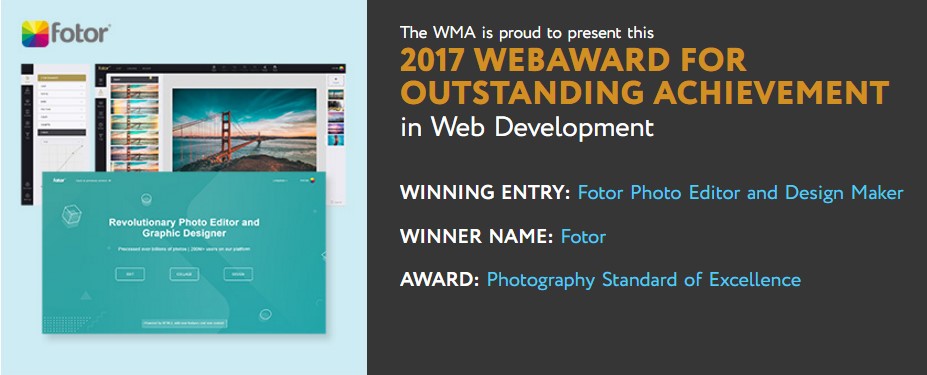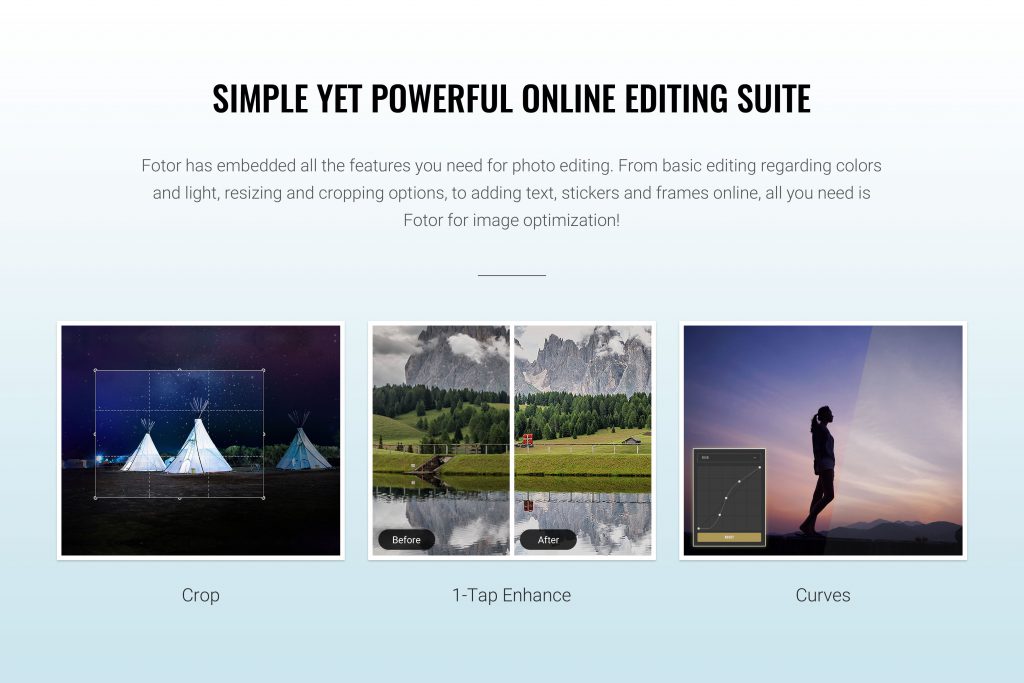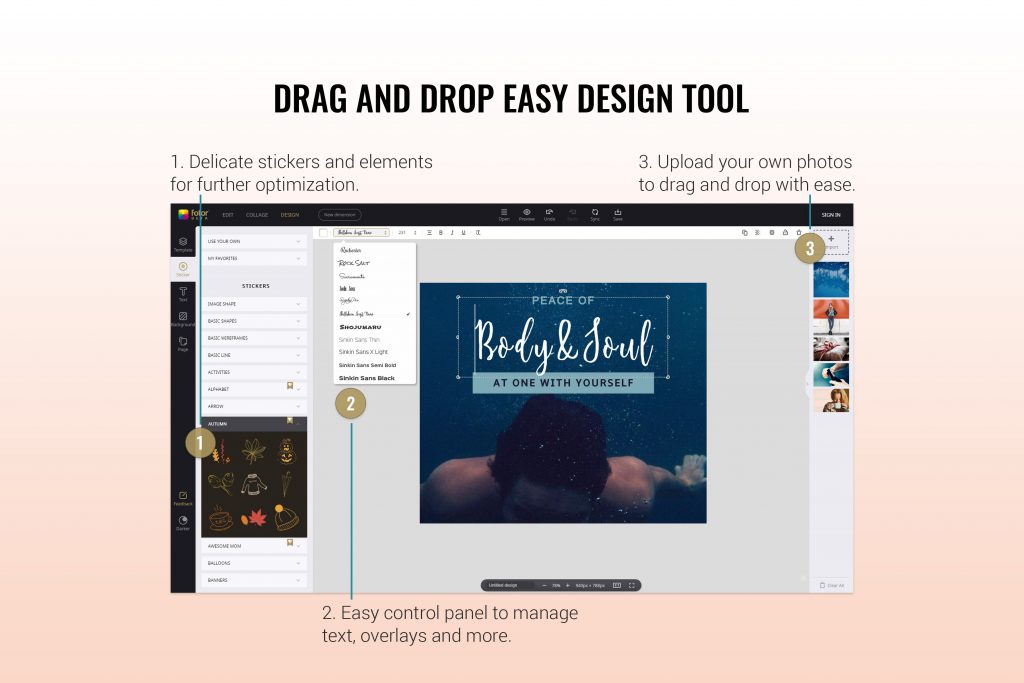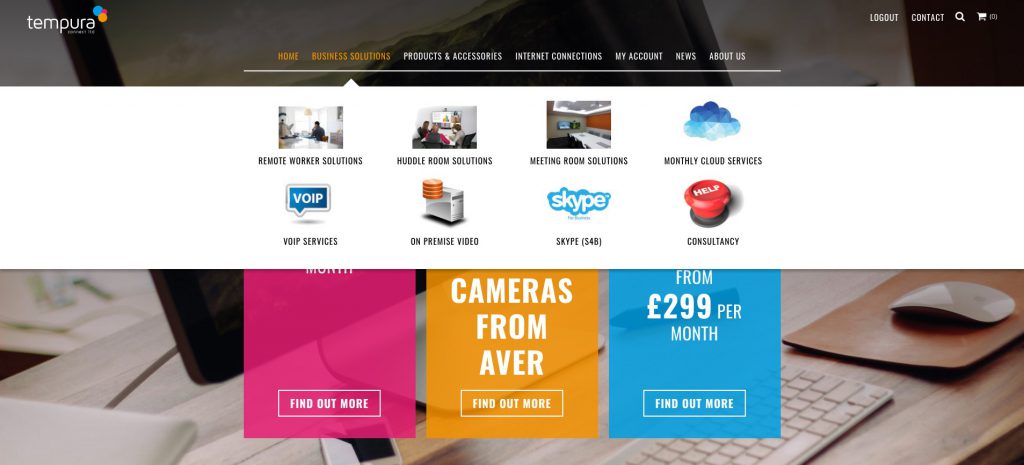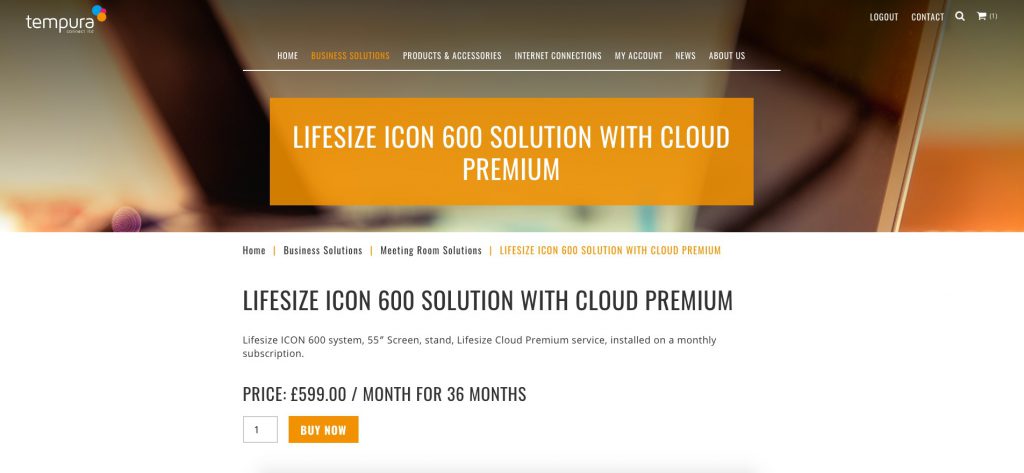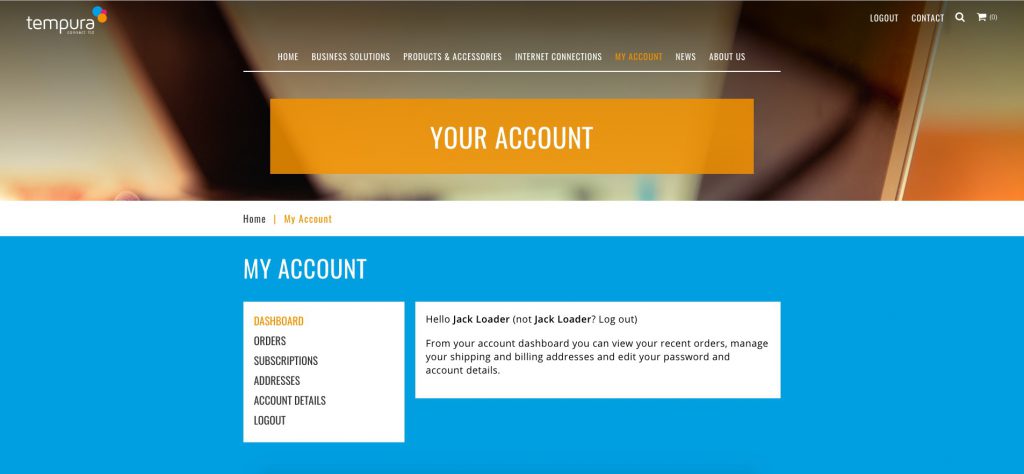
The travel industry has transformed how it markets destinations, experiences, and services. With the increasing reliance on digital tools, social media, and personalized experiences, travel marketers are adopting cutting-edge strategies to attract and retain travelers in a highly competitive space. Today’s effective travel marketing must cater to a global audience while incorporating personalization, storytelling, and the use of advanced technology.
The Web Marketing Association, with over 20 years of experience recognizing excellence in online advertising through its Internet Advertising Competition (IAC) Awards, provides valuable insights into how travel marketing has evolved. This article explores the current best practices and trends in page-based advertising, online videos, email marketing, websites, newsletter marketing, mobile apps, and social media campaigns within the travel industry.
Travel Page-Based Advertising: Inspiring Wanderlust with Precision
Even in the digital age, page-based advertising remains relevant, especially in specialized travel magazines, lifestyle publications, and industry journals. These ads can target niche audiences like affluent travelers, frequent flyers, and adventure-seekers. For travel companies, print ads continue to inspire wanderlust by leveraging powerful imagery and targeting demographics that align with their destinations or services.
Best Practices for Travel Page-Based Advertising
Page-based ads in the travel industry should focus on stunning, high-quality visuals that evoke the sense of adventure and exploration. Clear calls to action (CTAs) that encourage readers to visit a website or book a trip are essential. A growing trend is incorporating QR codes that direct readers to digital platforms like virtual tours or booking engines, enabling a seamless transition from print to online interaction.
Travel Online Videos: Storytelling That Connects Emotionally
Video marketing is one of the most powerful tools in the travel industry, providing a visual and emotional connection that inspires travelers. Videos allow destinations, hotels, and services to showcase their offerings with immersive storytelling that taps into the excitement of discovering new places. Whether on YouTube, Instagram, or directly embedded on travel websites, video content captivates audiences and encourages exploration.
Trends in Travel Video Marketing
Short-form videos optimized for social media platforms like TikTok and Instagram Reels have become increasingly popular, offering a quick glimpse into travel experiences, from day-in-the-life vlogs to stunning visuals of landscapes. Longer videos, such as virtual tours or destination documentaries, continue to be used for more in-depth storytelling. Best practices include producing authentic, visually captivating content that resonates emotionally, while also optimizing for mobile viewing. CTAs at the end of videos should lead viewers to booking platforms or further explore the destination.
Travel Email Marketing: Personalization for Every Traveler
Email marketing is a highly effective channel in the travel industry, allowing travel companies to deliver personalized offers, updates, and itineraries directly to travelers. By leveraging data analytics and behavioral insights, travel brands can create tailored experiences that keep travelers engaged throughout their journey.
Best Practices for Travel Email Marketing
Segmenting email lists based on traveler preferences—such as adventure travelers, luxury vacationers, or family-friendly trips—helps deliver content that aligns with each audience’s interests. Email automation for personalized travel recommendations, post-booking follow-ups, and abandoned cart reminders is a growing trend. Incorporating dynamic content like personalized itineraries, travel countdowns, and destination-specific guides further enhances the engagement.
Travel Websites: The Central Hub for Inspiration and Booking
 A travel website often serves as the first point of contact between a brand and potential travelers. As such, it must provide both visual inspiration and seamless functionality. Modern travel websites are comprehensive hubs for trip planning, booking, and customer service, integrating all necessary elements into one cohesive experience.
A travel website often serves as the first point of contact between a brand and potential travelers. As such, it must provide both visual inspiration and seamless functionality. Modern travel websites are comprehensive hubs for trip planning, booking, and customer service, integrating all necessary elements into one cohesive experience.
Current Trends in Travel Website Design
AI-powered chatbots for real-time customer support and immersive 360-degree virtual tours are among the latest features enhancing user experience on travel websites. Personalization tools that recommend destinations or activities based on user behavior are also becoming popular. Best practices include ensuring websites are mobile-optimized, SEO-friendly, and fast-loading, with easy-to-use booking engines. Clear navigation and accessibility features are critical for providing a user-friendly experience that drives conversions.
Travel Newsletter Marketing: Consistent Engagement with Travelers
Travel newsletters are an effective way to keep travelers engaged year-round. Whether promoting hidden gems, seasonal offers, or destination highlights, newsletters maintain a continuous relationship between travel brands and their audience.
Best Practices for Travel Newsletter Marketing
Segmenting content based on the recipient’s past bookings or interests is essential for delivering relevant information. Incorporating user-generated content, such as traveler photos and stories, adds authenticity and encourages reader engagement. Additionally, the use of multimedia content like videos, infographics, and interactive travel guides can make newsletters more dynamic and visually engaging.
Travel Mobile Apps: Enhancing the Traveler Experience
Mobile apps have become indispensable tools for modern travelers, offering convenience for everything from booking and check-ins to managing itineraries. Travel apps are now an essential part of providing real-time updates and personalized recommendations.
Best Practices for Travel Mobile Apps
Apps should be intuitive, user-friendly, and designed for quick access to important travel information. Integration of AI technology allows travel apps to offer personalized suggestions for activities, dining, and local sights based on the user’s location and preferences. Apps should also provide offline access to essential features like maps, itineraries, and travel guides, ensuring usability even in areas with limited connectivity.
Travel Social Media Campaigns: Building Communities and Showcasing Experiences
Social media platforms have become vital for travel marketing, offering a way to visually showcase destinations and engage with a global audience. Platforms like Instagram, Facebook, and TikTok allow brands to share visually-driven content that inspires wanderlust and connects with travelers.
Trends in Social Media Marketing for Travel
Influencer partnerships and collaborations with travel bloggers are becoming a key strategy to expand reach and credibility. User-generated content (UGC), where travelers share their experiences using branded hashtags, builds a sense of community and trust. Best practices include maintaining a consistent posting schedule, leveraging targeted ads, and engaging with followers through comments, Q&As, and reposting UGC.
Embracing Digital Transformation in Travel Marketing
The travel industry is undergoing a digital transformation, with marketing strategies increasingly focused on personalization, immersive experiences, and community engagement. From page-based advertising to mobile apps and social media campaigns, travel brands must adopt a multi-channel approach to compete effectively in a global marketplace.
The Web Marketing Association’s expertise in recognizing excellence in online advertising offers valuable insights into how these trends and best practices can be leveraged to create compelling travel marketing campaigns. By embracing these strategies, travel brands can enhance their visibility, build stronger relationships with travelers, and drive growth in an evolving industry.
Don’t miss your chance to showcase your best work in online advertising! The 23rd Annual Internet Advertising Competition (IAC) Awards—the only industry-based award program dedicated exclusively to online advertising—are now open for entries. This prestigious international competition recognizes excellence across all forms of online advertising, including email, page-based ads, mobile apps, social media campaigns, and more, across 86 industry categories. Submit your entry by the January 31, 2025 deadline at www.IACAward.org.
Please Follow the Web Marketing Association:
LinkedIn Group – https://linkedin.com/groups/2974/
LinkedIn Page – https://linkedin.com/company/3023547
Twitter – https://twitter.com/WebMarketAssoc
Facebook – https://facebook.com/WebMarketingAssociation
Instagram – https://www.instagram.com/webmarketingassoc


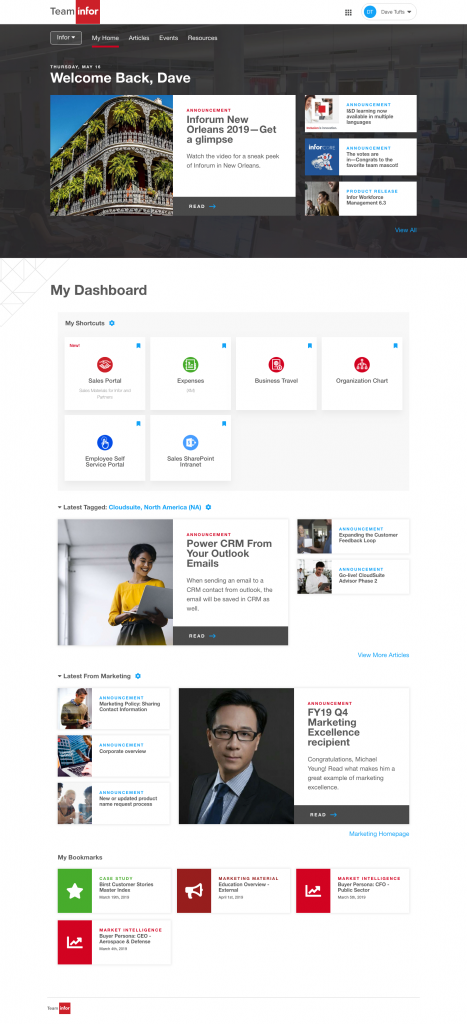 Built as a custom application using Laravel, TeamInfor creates a unique, personalized experience for each user. First-time users are presented with information that helps guide them through TeamInfor, which features a customizable dashboard with bookmarks for external tools; a powerful, elastic search that queries thousands of resources; and the ability to promote featured content, and save resources. Within one week of launch, more than half of Infor’s employees had logged in and customized their user experience.
Built as a custom application using Laravel, TeamInfor creates a unique, personalized experience for each user. First-time users are presented with information that helps guide them through TeamInfor, which features a customizable dashboard with bookmarks for external tools; a powerful, elastic search that queries thousands of resources; and the ability to promote featured content, and save resources. Within one week of launch, more than half of Infor’s employees had logged in and customized their user experience.




